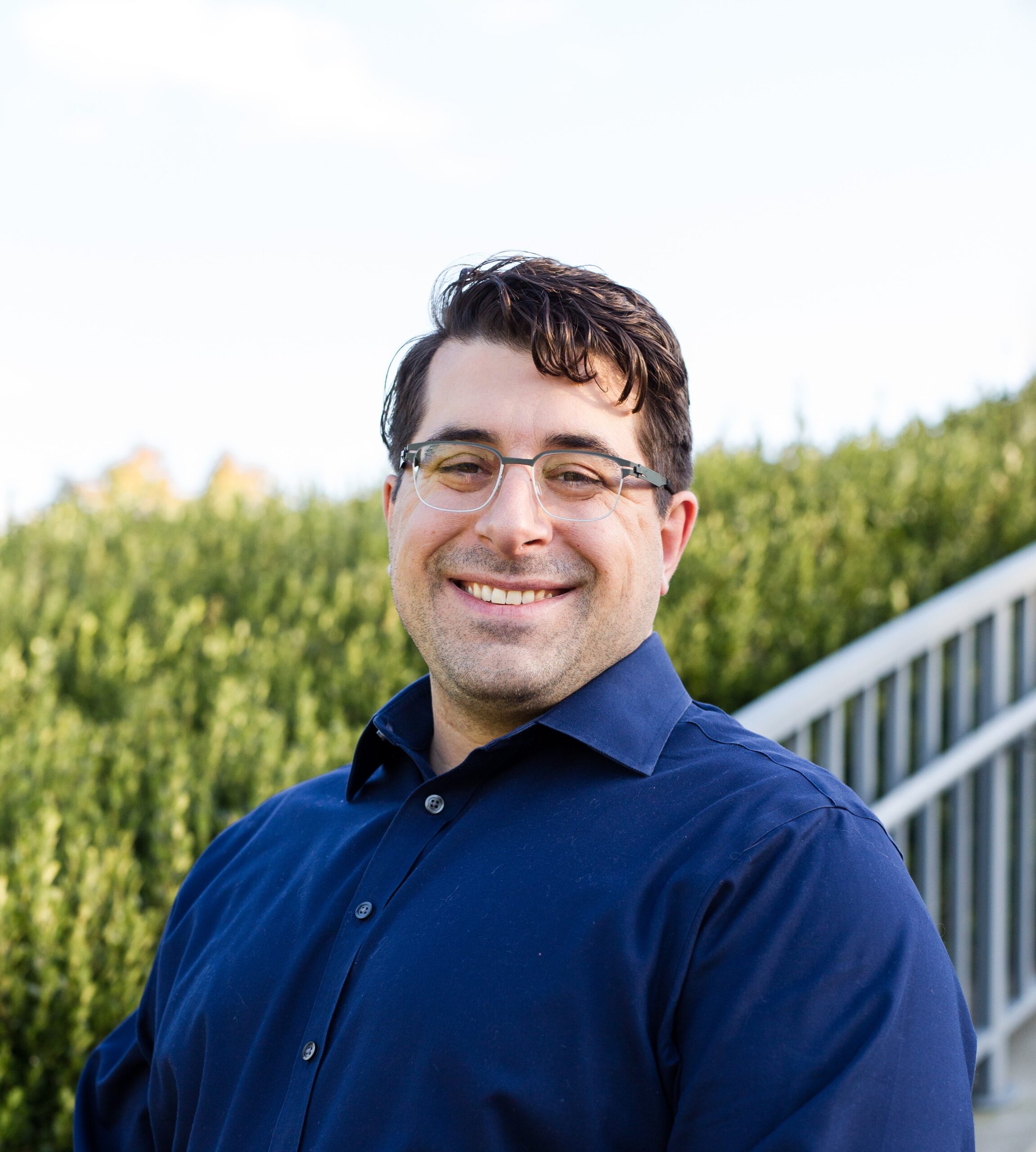
Dr. McBride Offers
ADHD Treatment

ADHD Treatment
The world we've built for ourselves grows more complex every day. There is a sense in which it is
natural to feel our attention is spread thin.
For some, however, a lifetime of struggle with attention,
focus, and impulsivity is an innate condition, not a product of the times.
Patients presenting with
troublesome inattention can expect:
1. A comprehensive assessment of the biological, social, and psychological factors involved in the case.
2. Review of relevant records. Please bring what records you can – these are especially helpful in these
situations.
3. Collaborative development of a treatment plan that may include:
A: Use of medications where appropriate.
B: Discussion of psychological issues relevant to the case.
C: Referral for neuropsychological testing in those cases where appropriate.
D: Referral for consistent psychotherapy where appropriate, usually to another professional.
E: Behavioral interventions, with a focus on lifestyle and habits.
F: Other treatments such as dietary supplements, light therapies, or referral to more intensive
treatment programs.
There is a dilemma at the core of these kinds of cases: The most effective medication for ADHD is a
controlled substance, sometimes misused, with many side effects. A holistic approach will allow us to
assess whether these, or more moderate medications are best, and will include strategies other than
medications as well. Where controlled substances are used followup is frequent.

Get Help Now
Tell me what you need, and I'll get right back to you asap.

